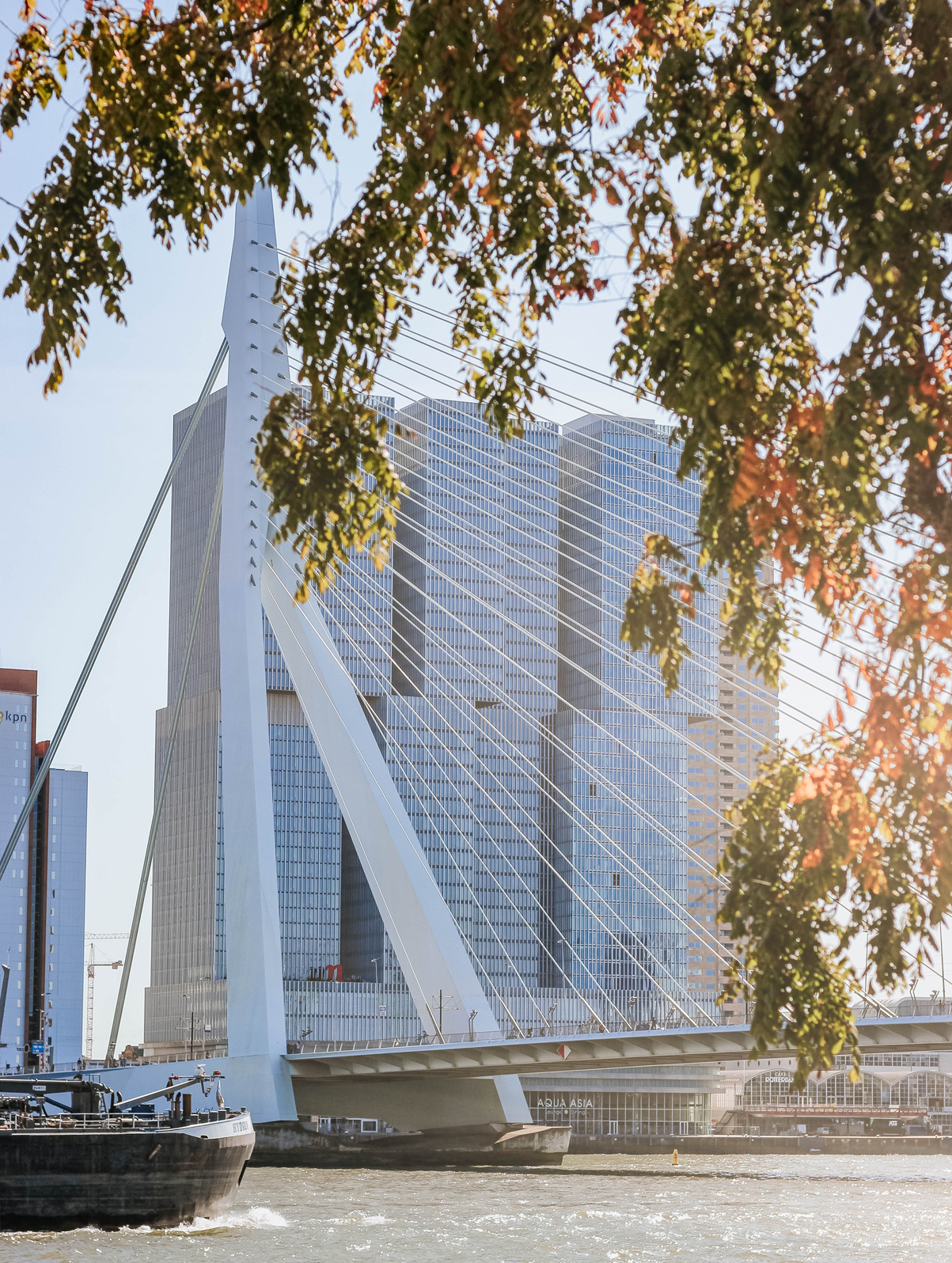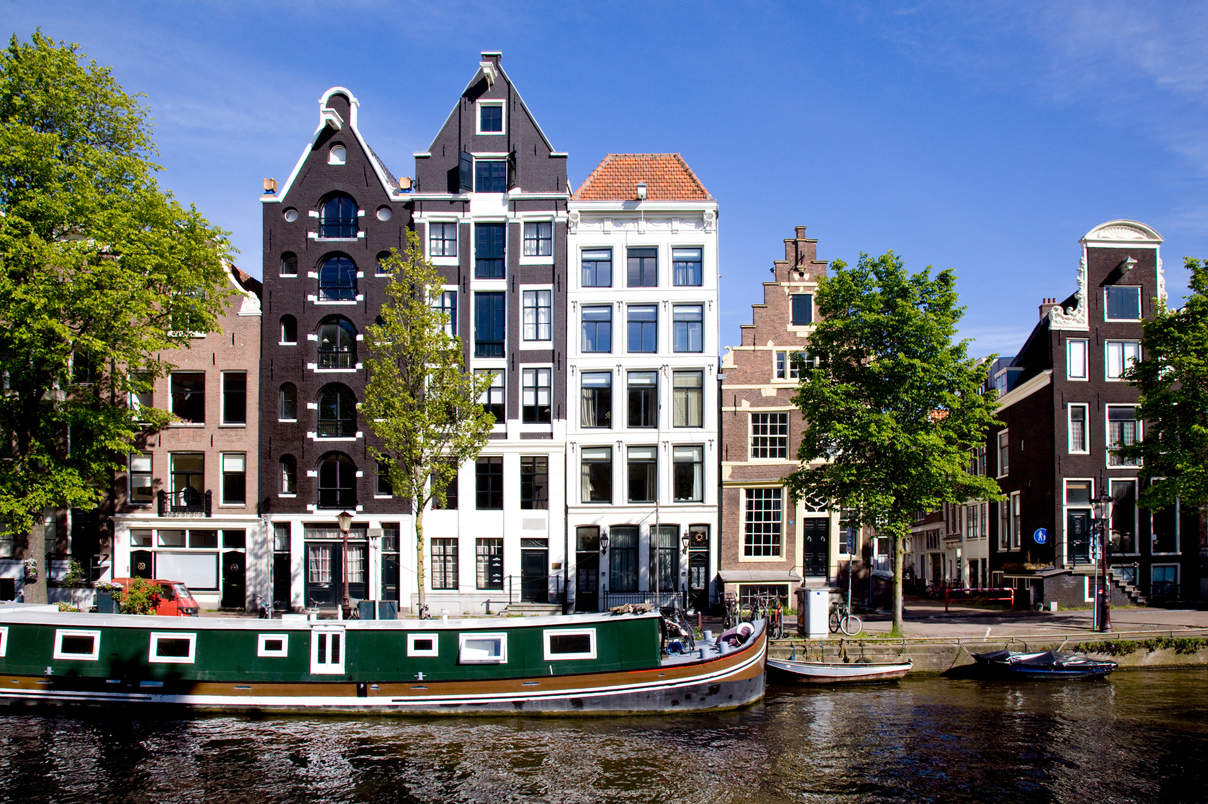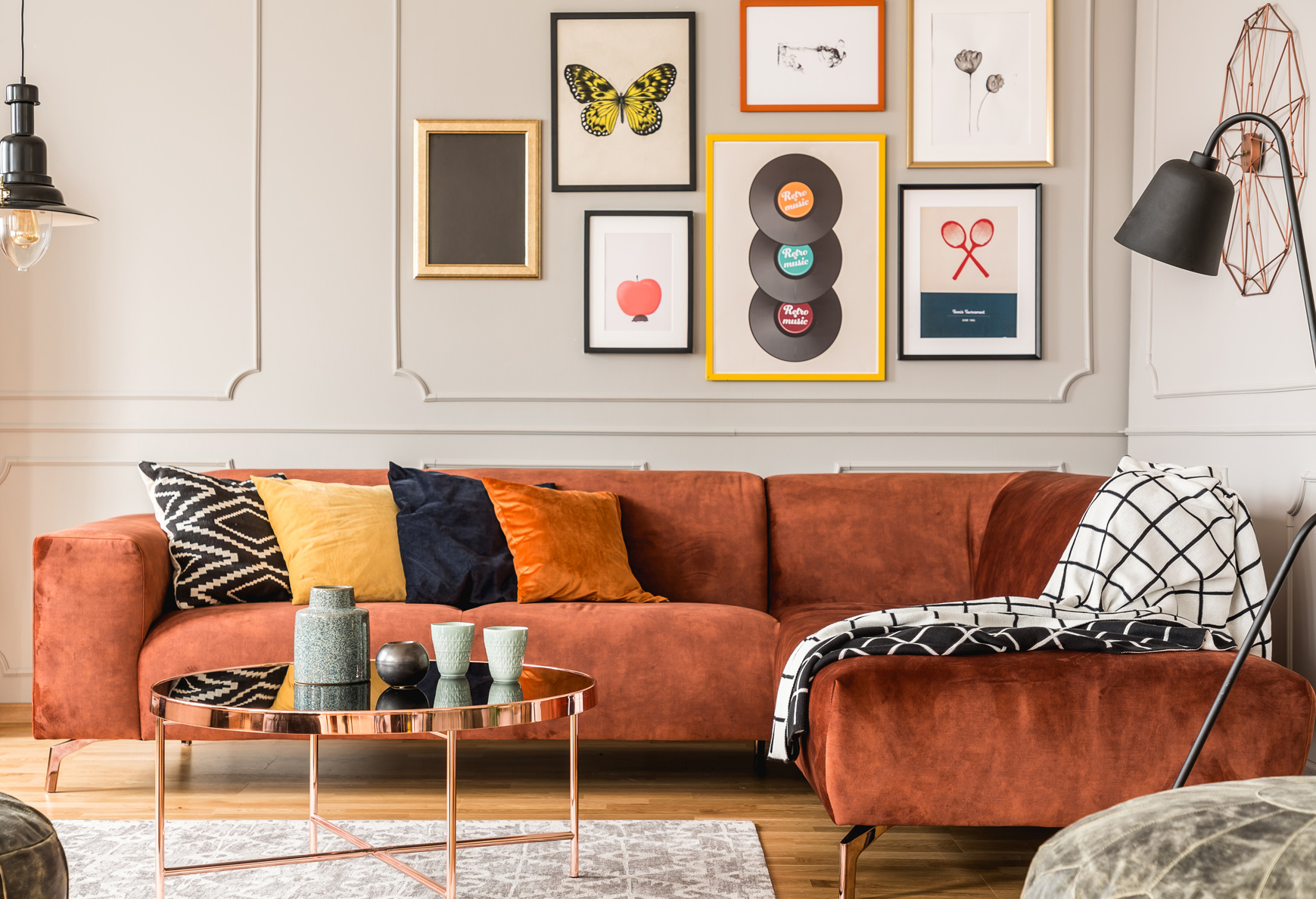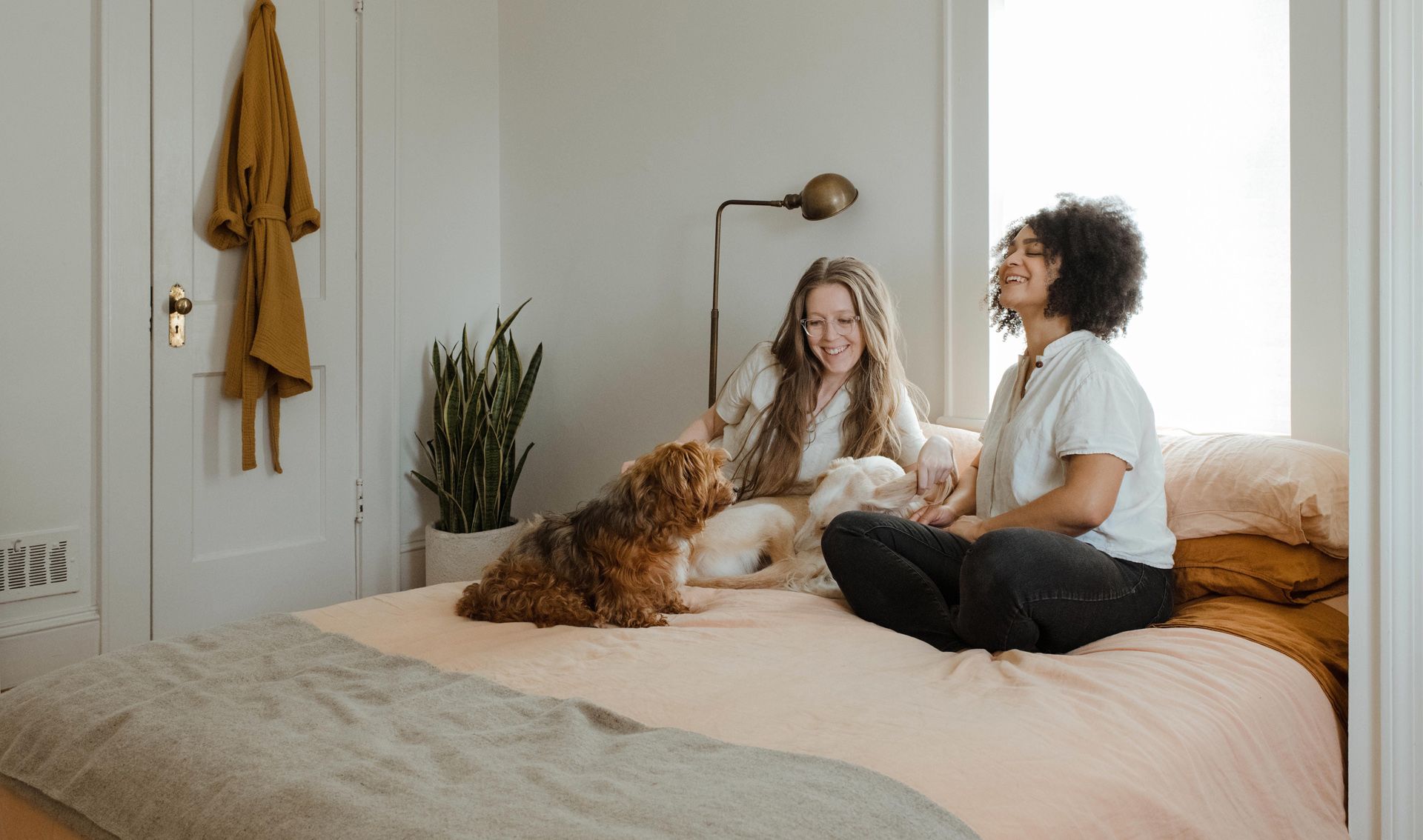Buying a house in the Netherlands
All you need to know about buying a house in the Netherlands
As an expat, you might have a few extra requirements to obtain a mortgage in the Netherlands.
Check out this list of conditions in order to get a Dutch mortgage.
From A to Home
From A to Home
- Do you work and live in The Netherlands? If you do, please collect the proof, for example a payslip, employer's statement or residence permit.
- Do you have a citizen service number (BSN), because that is mandatory?
- Does your employer pay you in Euros?
- You are an EU citizen, from Liechtenstein, Norway or Iceland or a citizen from outside the EU with a non-temporary permit of residence?
- You have a Dutch bank account to finance your expat mortgage from. If you don't have a Dutch savings account, we can open one for you!
- Some conditions are the same for Dutch natives: the height of your income and debts, the value of the property, your labour agreement and marital status.
Checklist and important downloads
- Valid identification documents (no driver's license)
- Recent salary slips or other income details
- Pension statement 2022
- Annual statement of the current mortgage (if applicable)
- Specification of current savings (if applicable)
- Specification of assets and/or debts (if applicable)
- Employer's statement (download)
- Supplementary Provisions of Employer (download)
- Statement for transfer tax - low rate (download)
Optional
- Statement for the starter's transfer taks exemption (download)
Smooth and Easy
The whole process was smooth and extremely easy to follow. Thanks to the guidance of Victor.
July 2022 | Marco
More need to knows
More need to knows
The notary
This is the last step in the process of buying a house in The Netherlands. At this appointment with the notary you meet the current homeowners and the notary will go through the deeds with you. You will have to sign a transfer deed (between your and the sellers) and mortgage deed (between you and the mortgage provider). The notary has also collected all the invoices and he’s in charge of collecting the money or paying out to the involved parties. Then the moment is there: you will receive the keys and the notary will register the deeds with the Dutch registrar Cadastre. Congratulations with your new house!
Taxes
Buying a home in the Netherlands, you will soon be confronted with taxes concerning the new house and the municipality you live in.
Transfer tax
For buying an existing house you need to pay ‘overdrachtsbelasting’. This is a one-off fee. The transfer tax is 2 percent of the buying price. From January 1, 2021, people aged 18-35 who are buying their first property in the Netherlands will not have to pay the transfer tax. The costs of this first property may not exceed 400,000 euros. When you buy a newly built house there is no transfer tax. The notary that also passes the contract handles the declaration of the ‘overdrachtsbelasting’, will also pay for the ‘overdrachtsbelasting’ in your name.
Tax as homeowner
The ‘eigenwoningforfait’ is a recurring tax collected by the tax authorities from homeowners. Your house is seen as income in kind by the tax authorities. Instead of paying a certain amount of tax for your home, the ‘eigenwoningforfait’ is added up to your income and you will pay for it through your regular income tax filing. It is calculated based on a percentage of the WOZ-Waarde of your house, and the higher the value of your home, the higher the rate you have to pay.
Tax deduction on interest (renteaftrek)
Only annuities and linear mortgage models are eligible for the tax deduction on interest (renteaftrek), whereby the loan is paid off within 30 years via monthly repayments.
Onroerendezaakbelasting (OZB)
Your municipality uses this tax for miscellaneous things. You are paying the tax for the entire year. The amount of tax you need to pay is a percentage of the WOZ-Waarde. Every municipality decides what the percentage is that you are paying.
Municipality taxes
You will pay taxes to your municipality for the right to use the sewer, to maintain the sewer system and to drain and save rainwater, to keep groundwater in check and to collect and clean up your garbage disposal. These taxes can differ from municipality to municipality.
Taxes for the Waterschap
The Waterschap is a non-profit organisation responsible for managing the water in a designated area. It is their duty to make sure you receive clean water in your home and to protect you from the water surrounding the Netherlands. To fund the responsibilities of the Waterschap, everyone has to pay Waterschapsbelasting once a year directly to them.
What’s VVE?
Whenever you buy an apartment that is part of an apartment block or building, it is almost certain that it is part of a VVE, also called the home owner’s association. You receive voting rights.
On a monthly basis you will pay service fees to the VVE which is responsible for maintaining the building and public areas, building up a reserve to cover future maintenance costs, taking out building insurance and making sure that the house rules or bylaws are followed.
Once a year the VVE will come together to discuss the budget, upcoming maintenance, responsibilities and other matters that individual owners can bring to the table. Before you buy a home that is part of VVE it is good to check whether the association is healthy and if the building is properly managed.
Just call Team DMS and let’s get started!
DMS Blog
Want to be updated about the dutch housing market,
expats living in the Netherlands and more?








